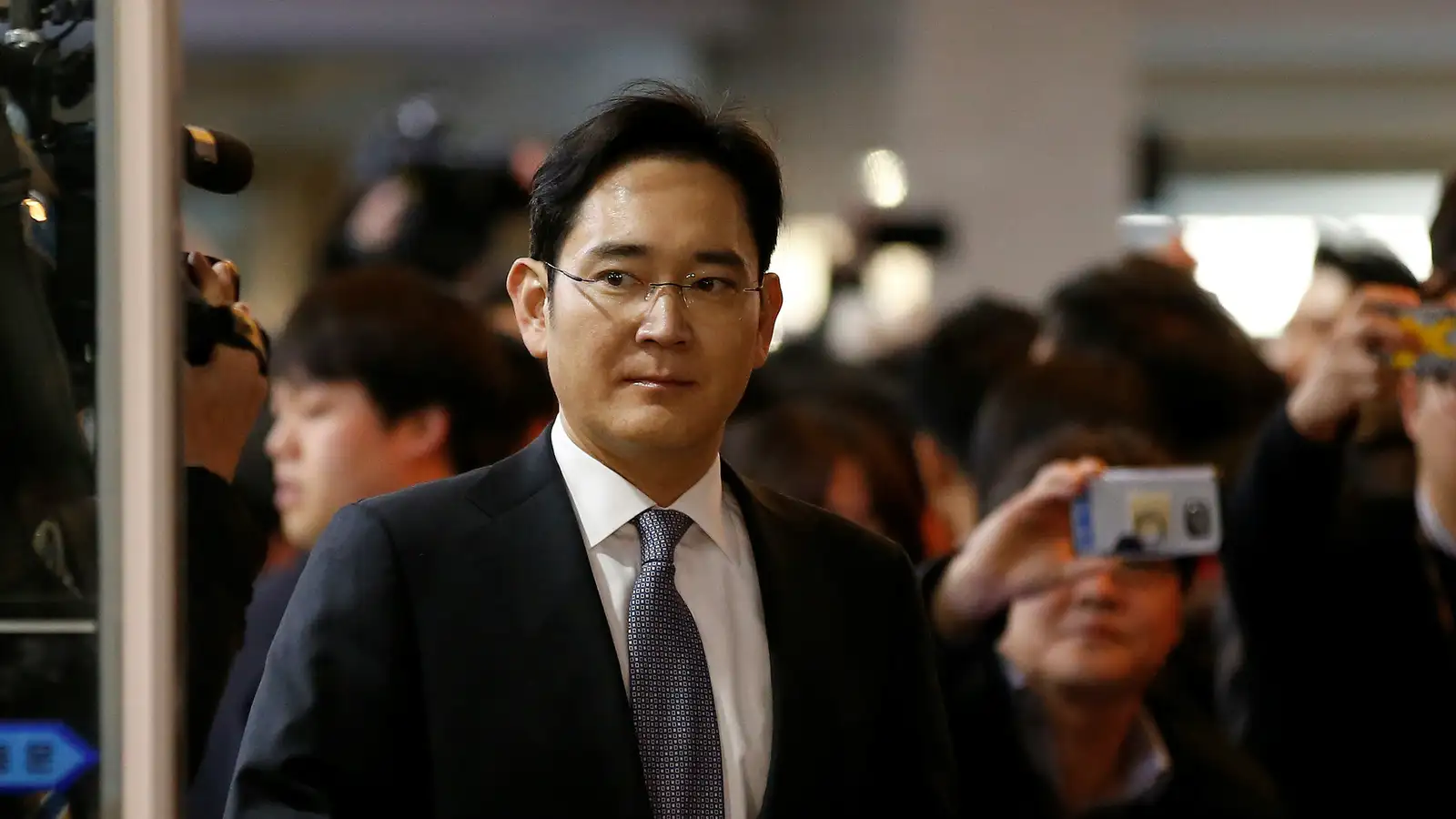The second time’s the charm for Korean prosecutors looking to bag the country’s most important businessman.
At 5:30am local time today (Feb. 17), the Seoul Central District Court approved the arrest warrant for Jay Y. Lee, de facto leader of the Samsung empire. Lee was subsequently taken into custody and placed in a city detention center.
The arrest, if it causes Lee to remain absent from Samsung, could potentially upset business operations. His trial, meanwhile, will once again test the government’s willingness to punish business magnates convicted of wrongdoing.
Prosecutors are accusing Lee of bribery and embezzlement tied to a corruption scandal involving president Park Geun-hye. Specifically, they allege Lee paid over $37 million to businesses affiliated with Choi Soon-sil, the president’s spiritual confidante, in exchange for government approval of a merger last year between two Samsung subsidiaries that ultimately gave Lee increased control of the conglomerate (paywall). At least some of the money went to fund the equestrian career of Choi’s daughter.
In January Korean prosecutors filed similar allegations against Lee, but the court denied their request to arrest him.
Placing the leader of the nation’s premier company behind bars certainly carries symbolic weight in Korea, where the public feels deeply ambivalent about the power and influence wielded by corporate giants. But the actual effect of Lee’s arrest—both for Samsung and Korean society—remains uncertain.
For Samsung, Lee’s arrest could remove its de facto leader at a critical moment. The company suffered a PR crisis last autumn when it was forced to recall its entire spate of Galaxy Note 7 smartphones due to battery issues. Some argue that Lee’s role remains relatively hands-off, and that his absence won’t substantially alter the company’s fate—which, if you trust stock market investors, appears bright. Yet if the Galaxy Note 7 is indicative of cultural problems at the company, placing its most powerful figure in jail might only make them worse.
South Korea’s family-run conglomerates are known for engaging in corrupt practices, but courts have traditionally tolerated such crimes and doled out light punishments. In 2008, for example, Jay Y. Lee’s father and predecessor at Samsung was found guilty of tax evasion. While the verdict prompted his resignation, he was never arrested and retained influence over the company.
Given Samsung’s size—its revenue in 2015 was equal to about 12% of South Korea’s GDP—it’s unlikely the country’s courts will dole out a harsh sentence on Lee. But arresting such a high-profile figure in the first place suggests that other companies embroiled in the president’s corruption scandal might not be spared, either.
